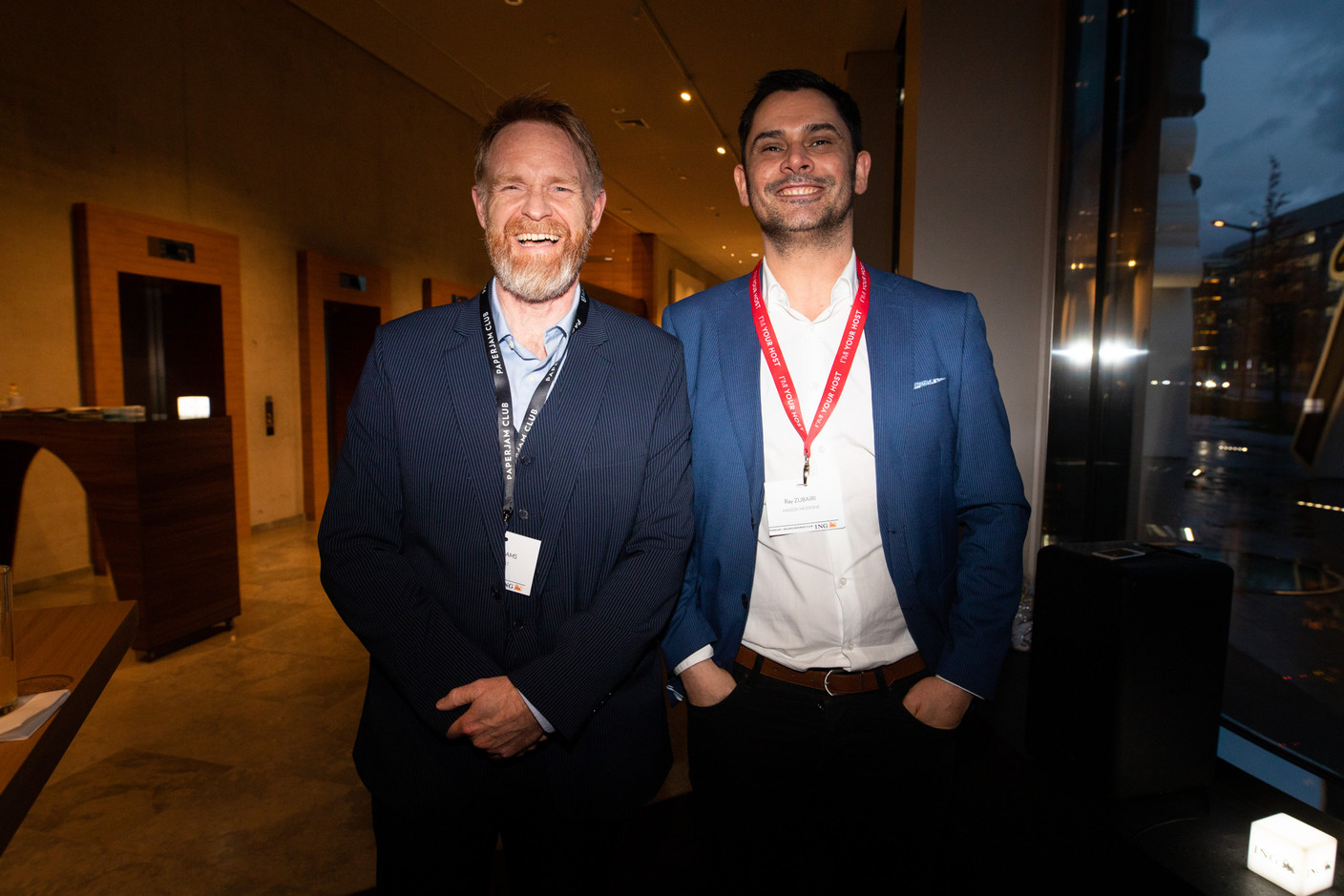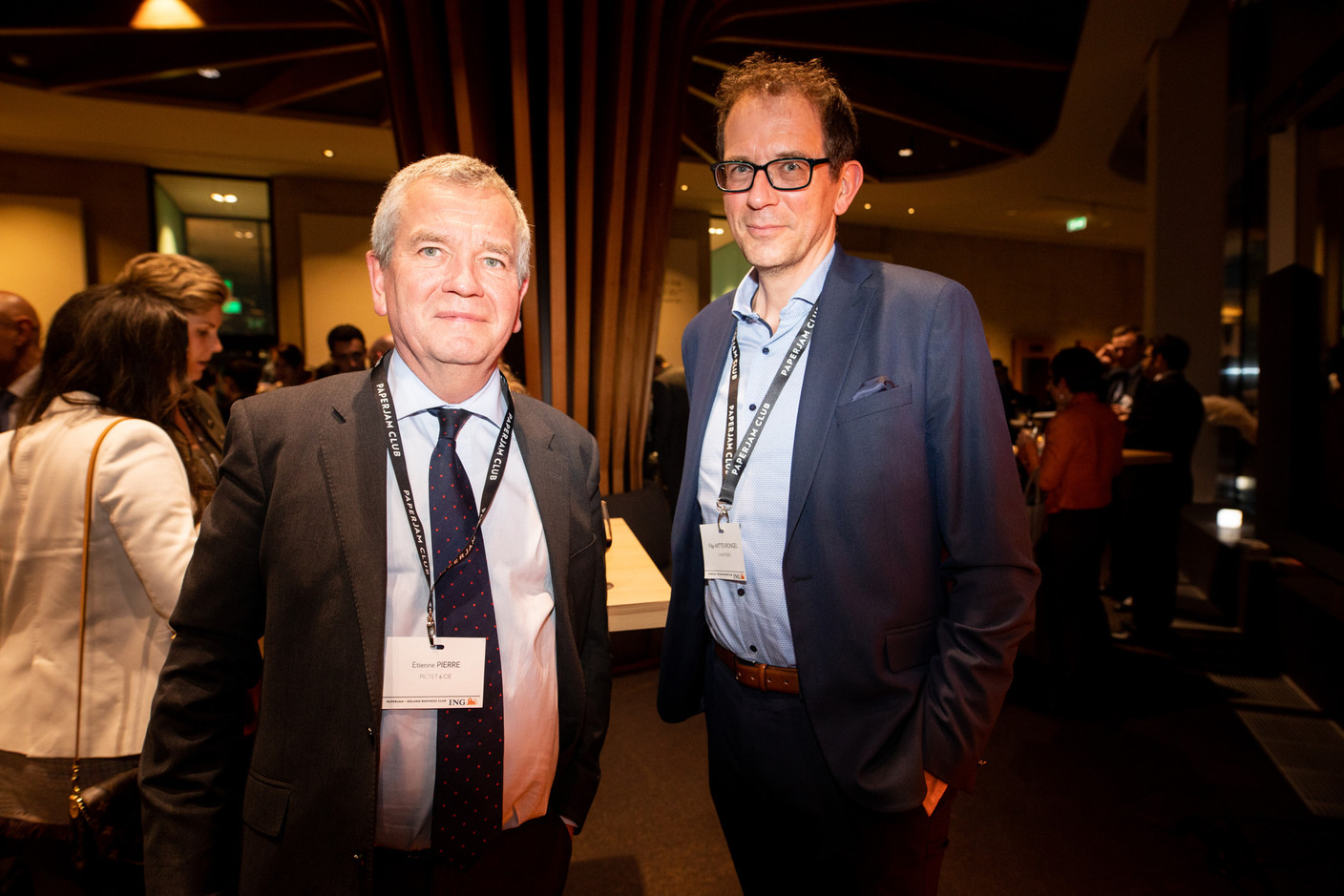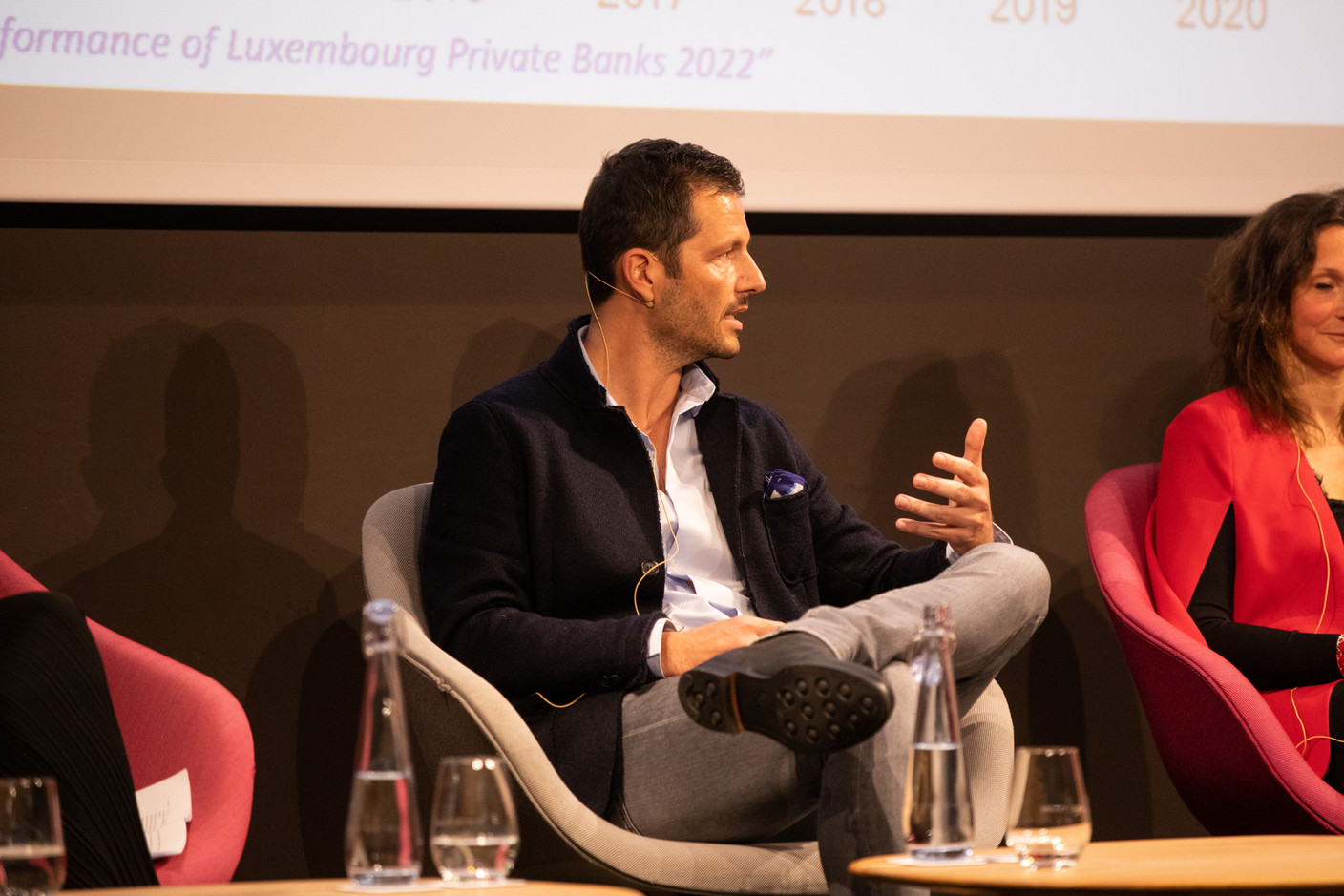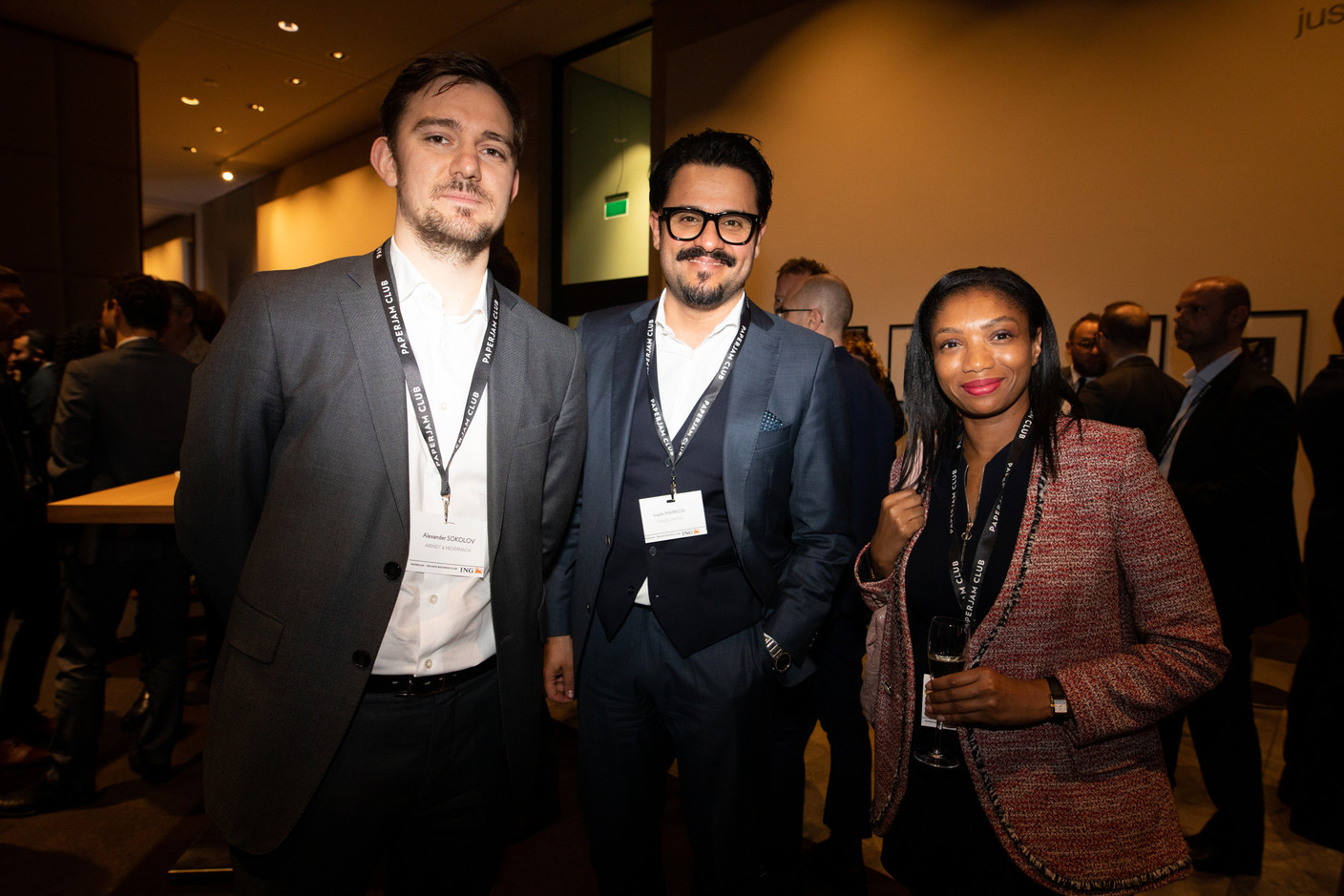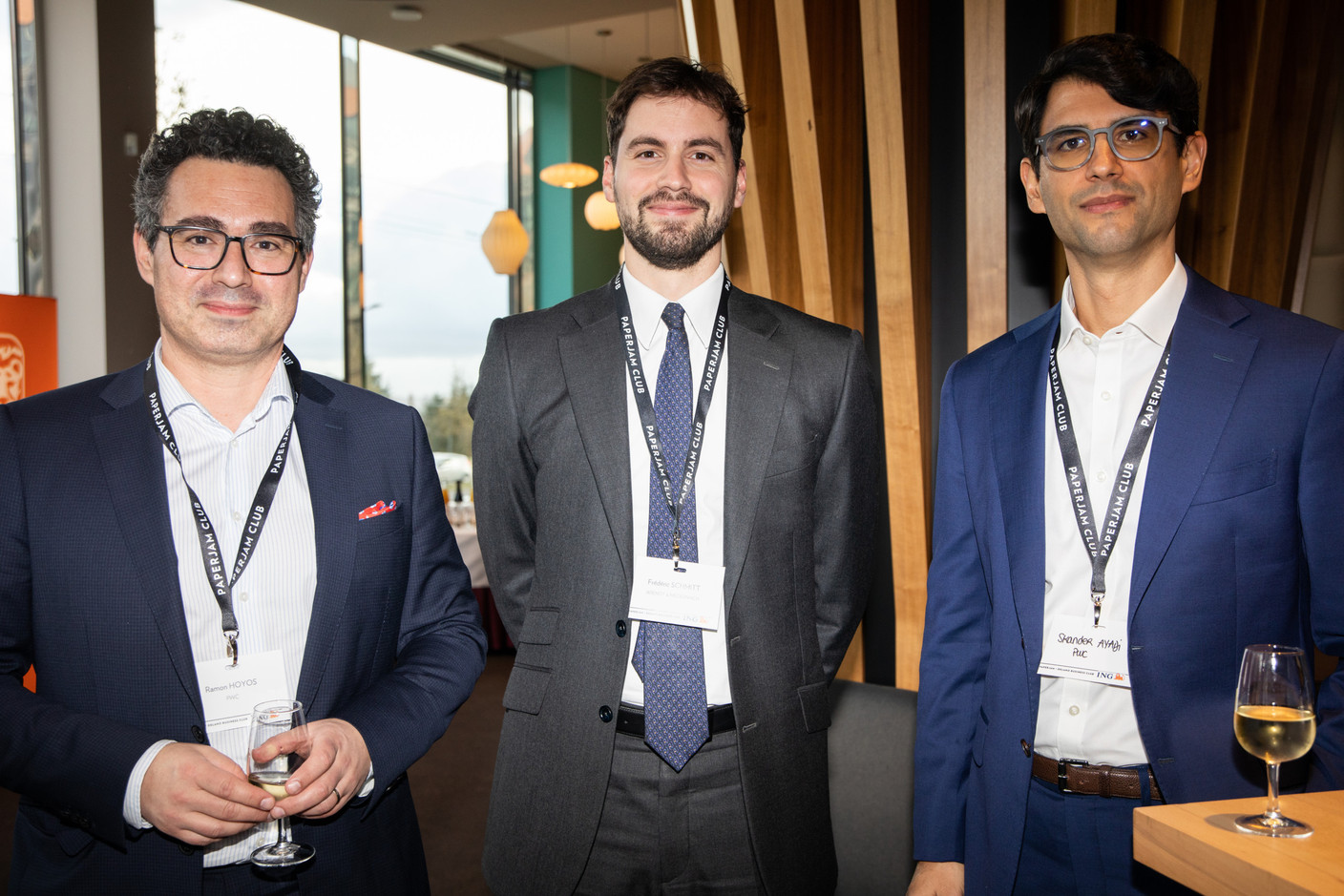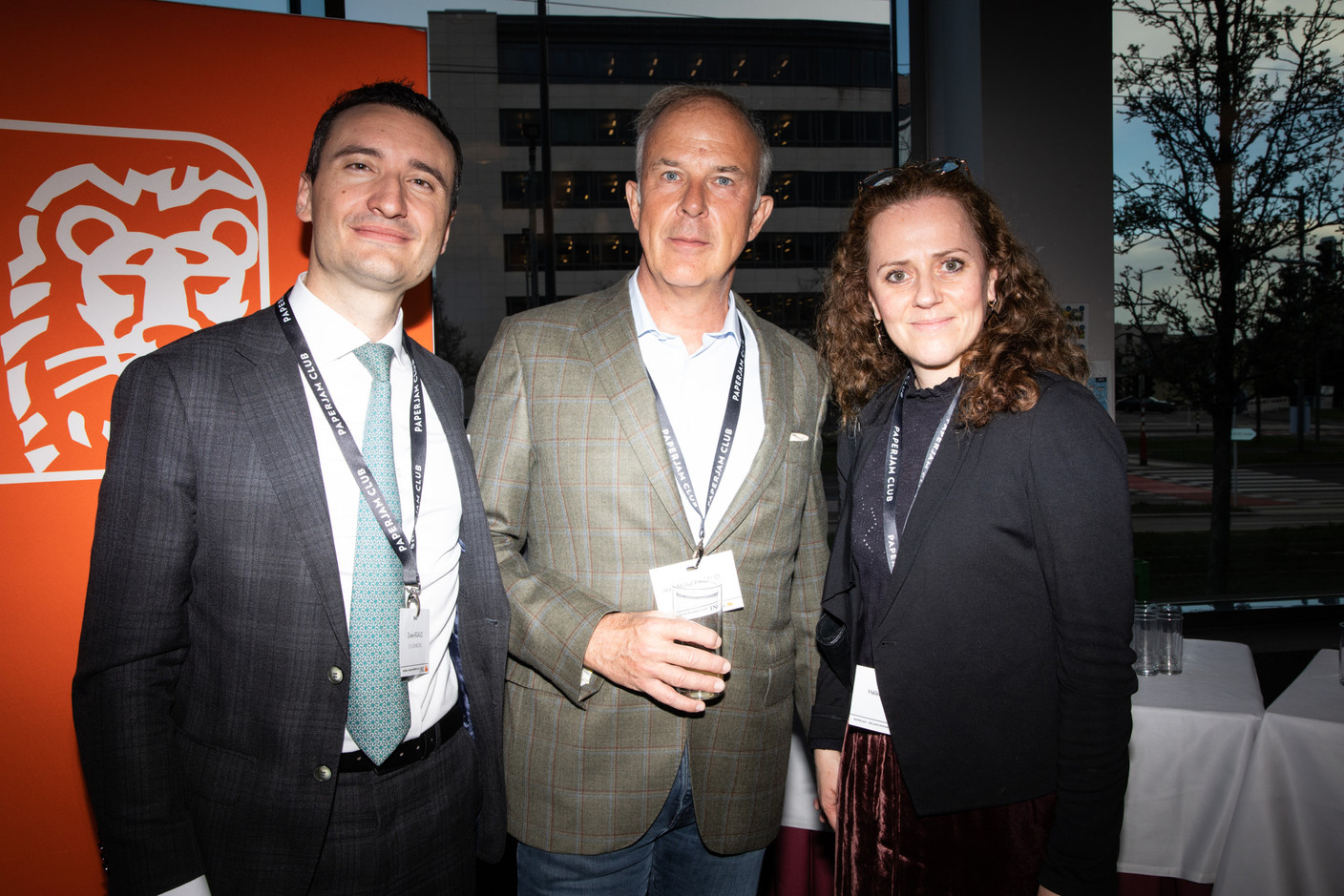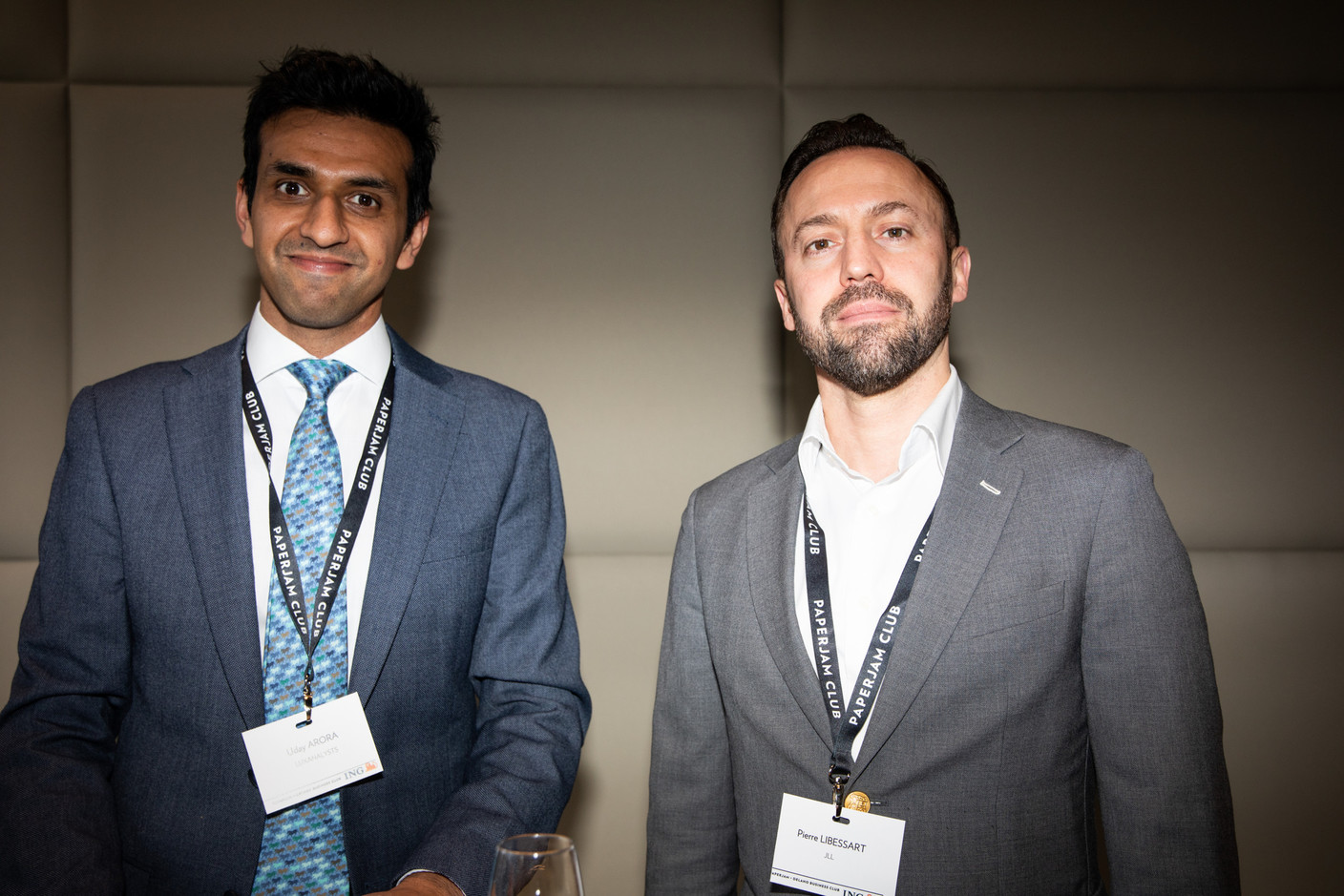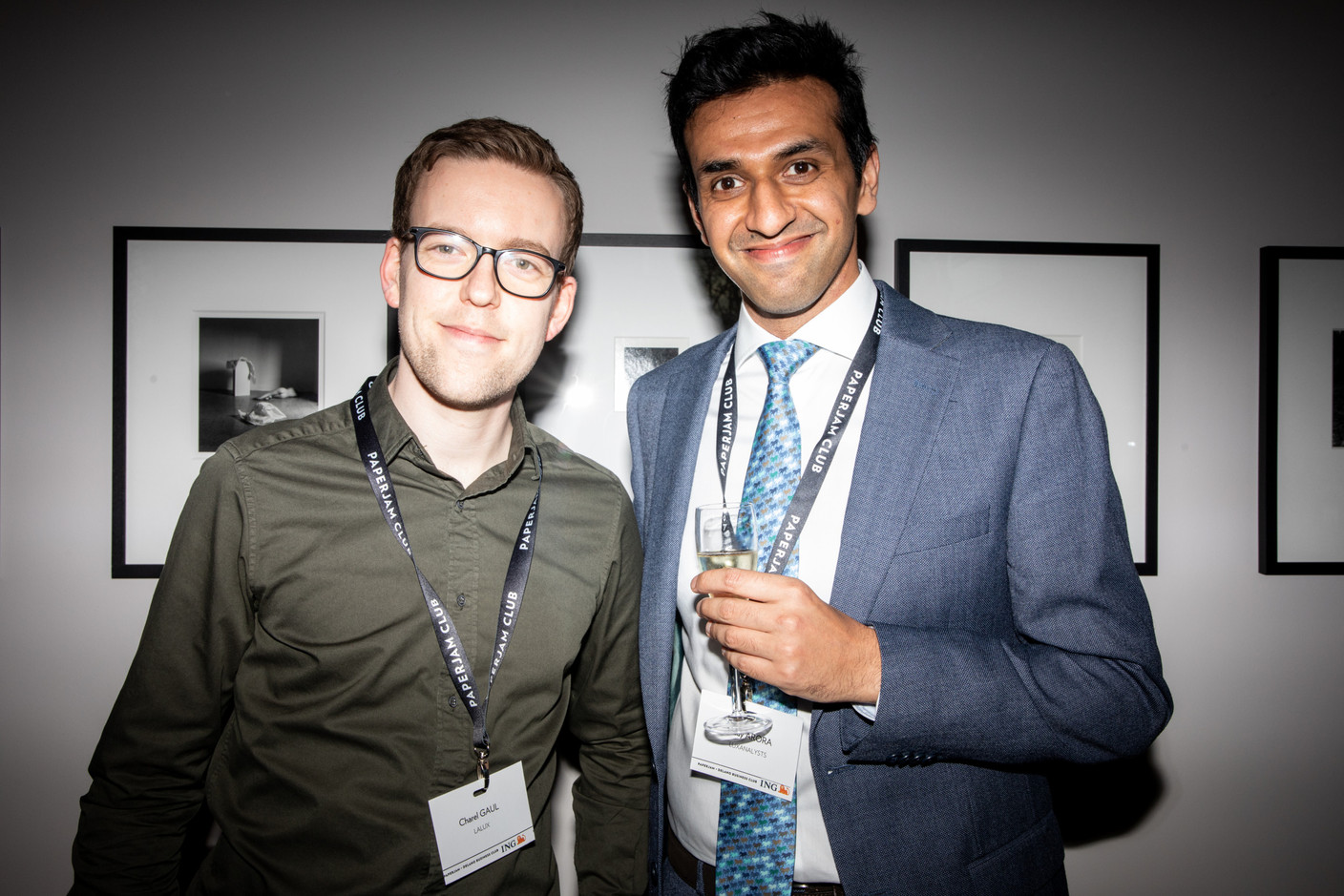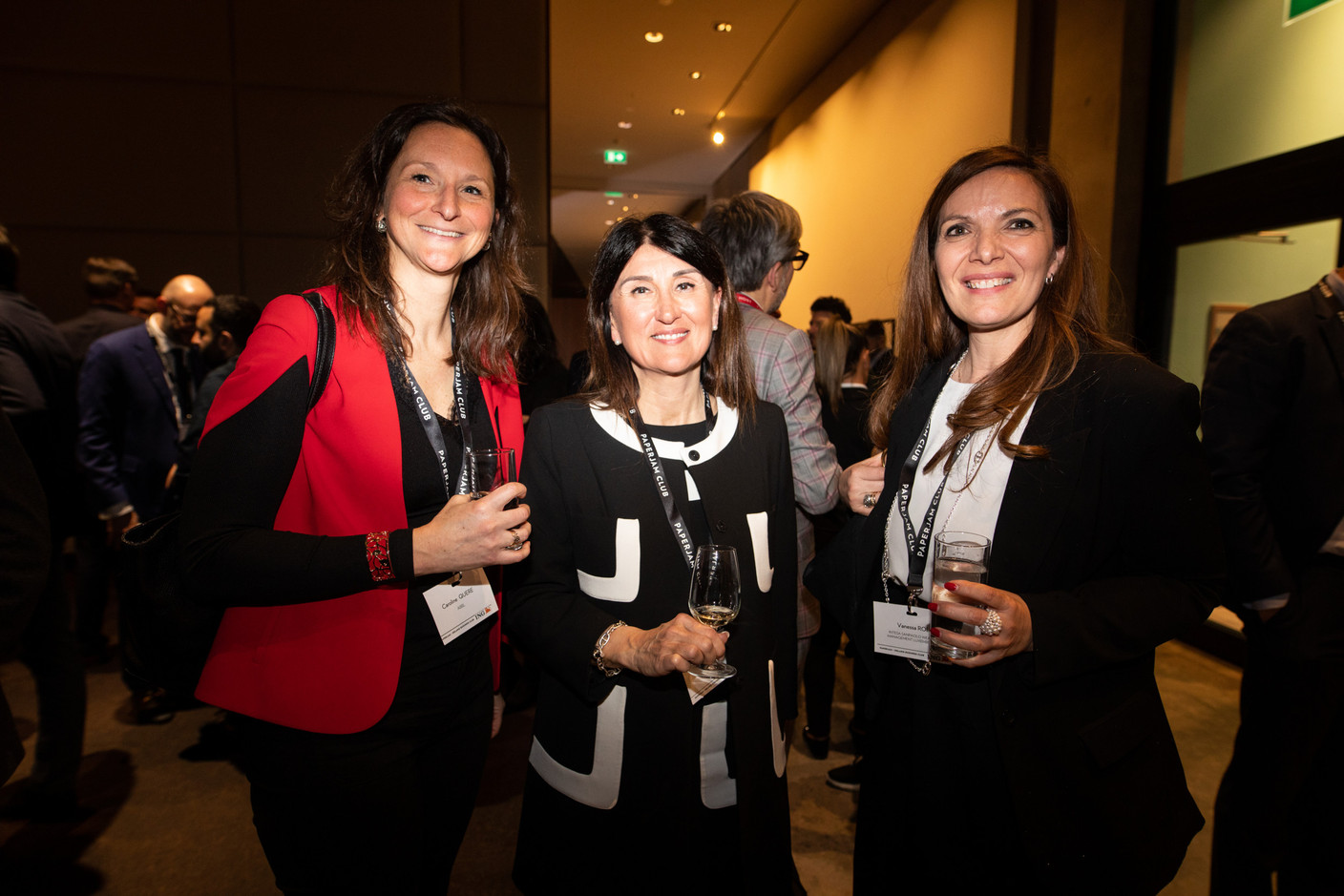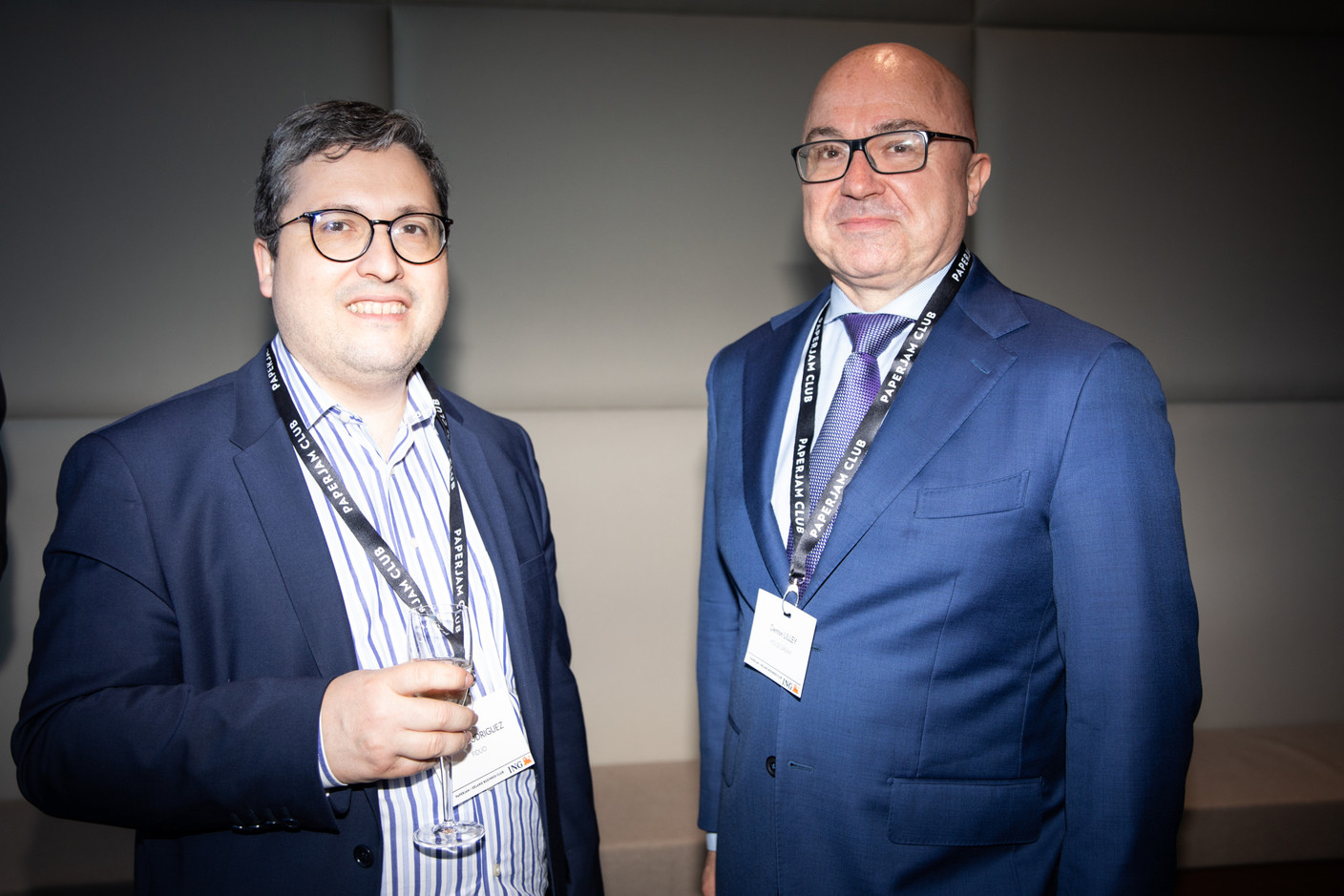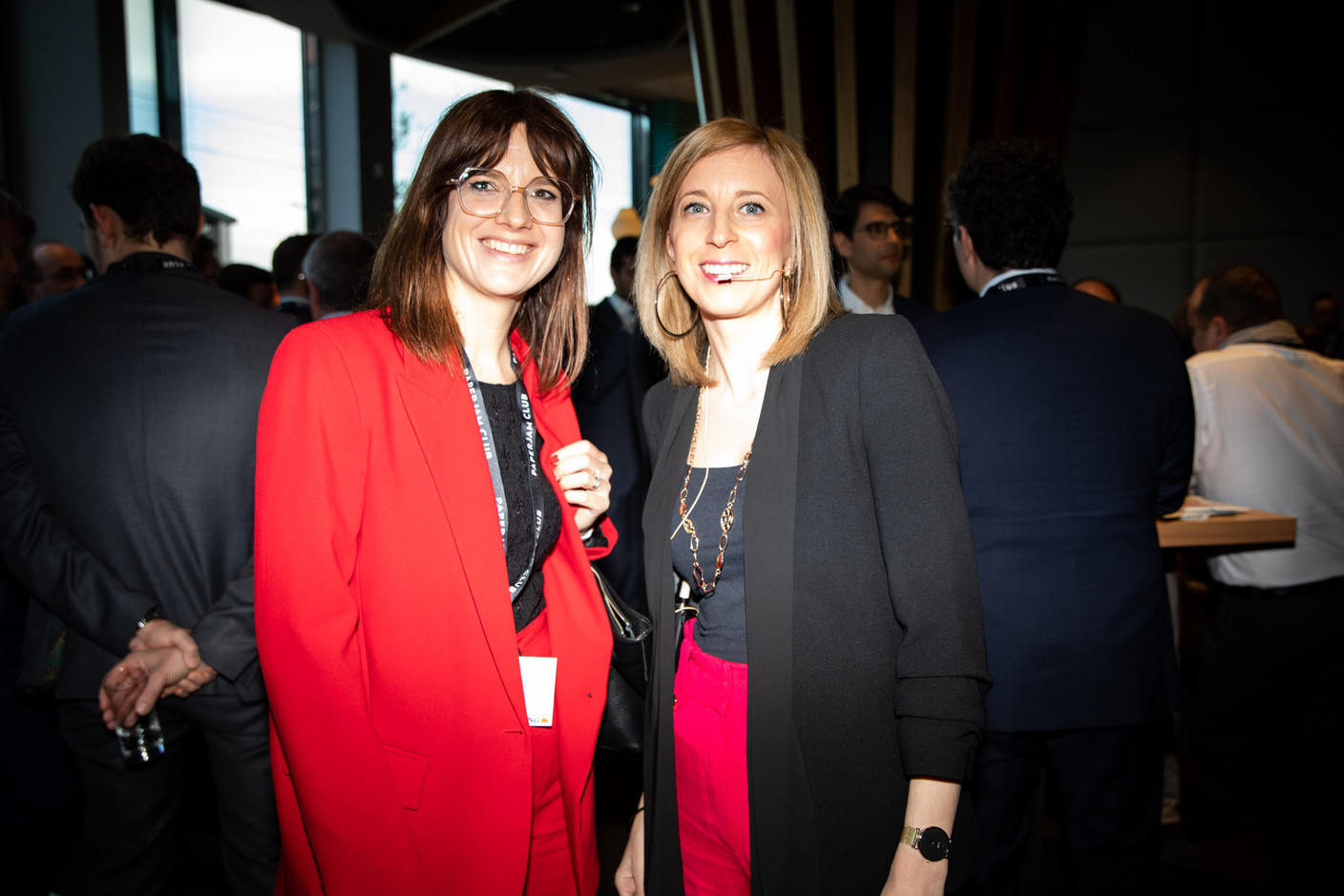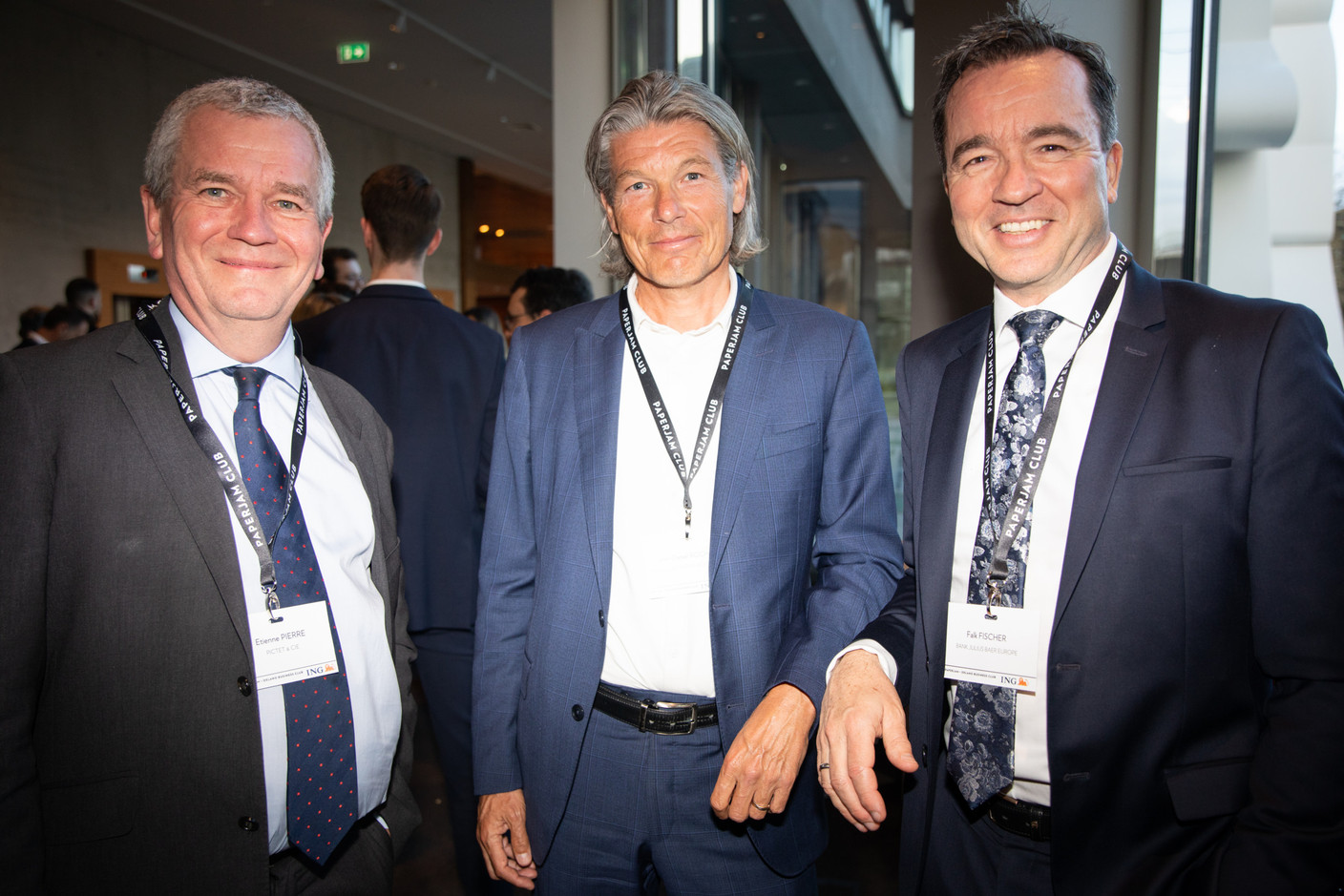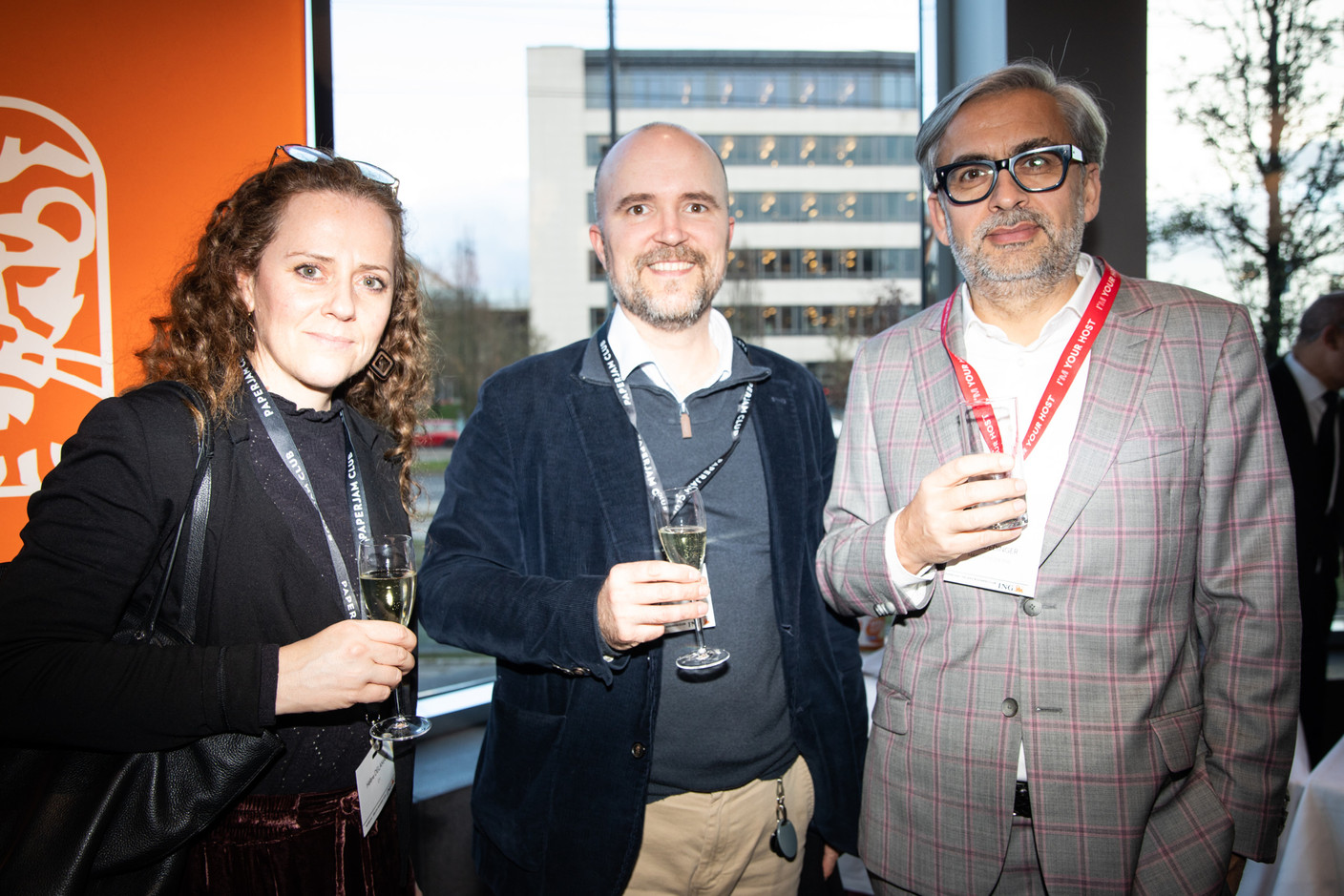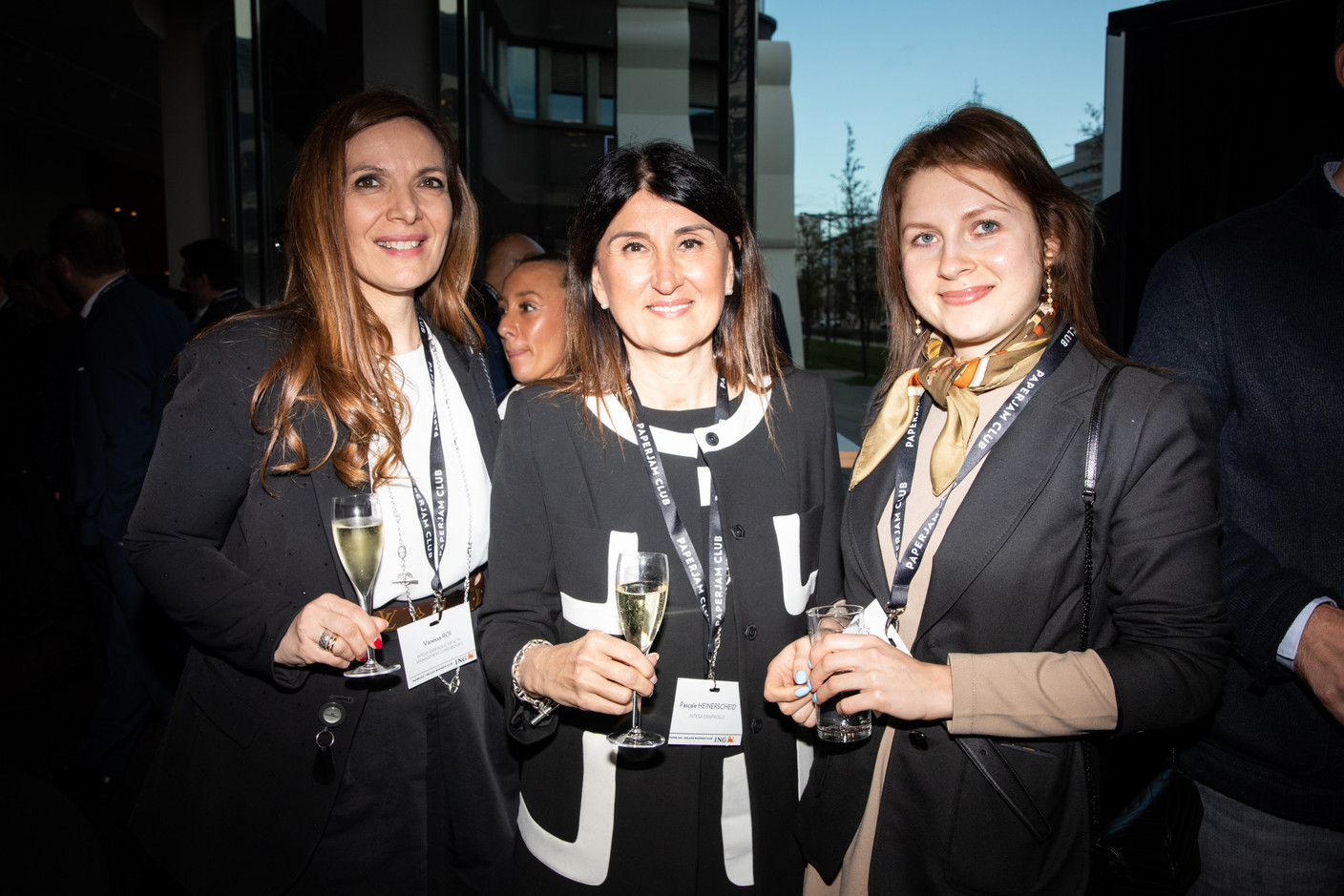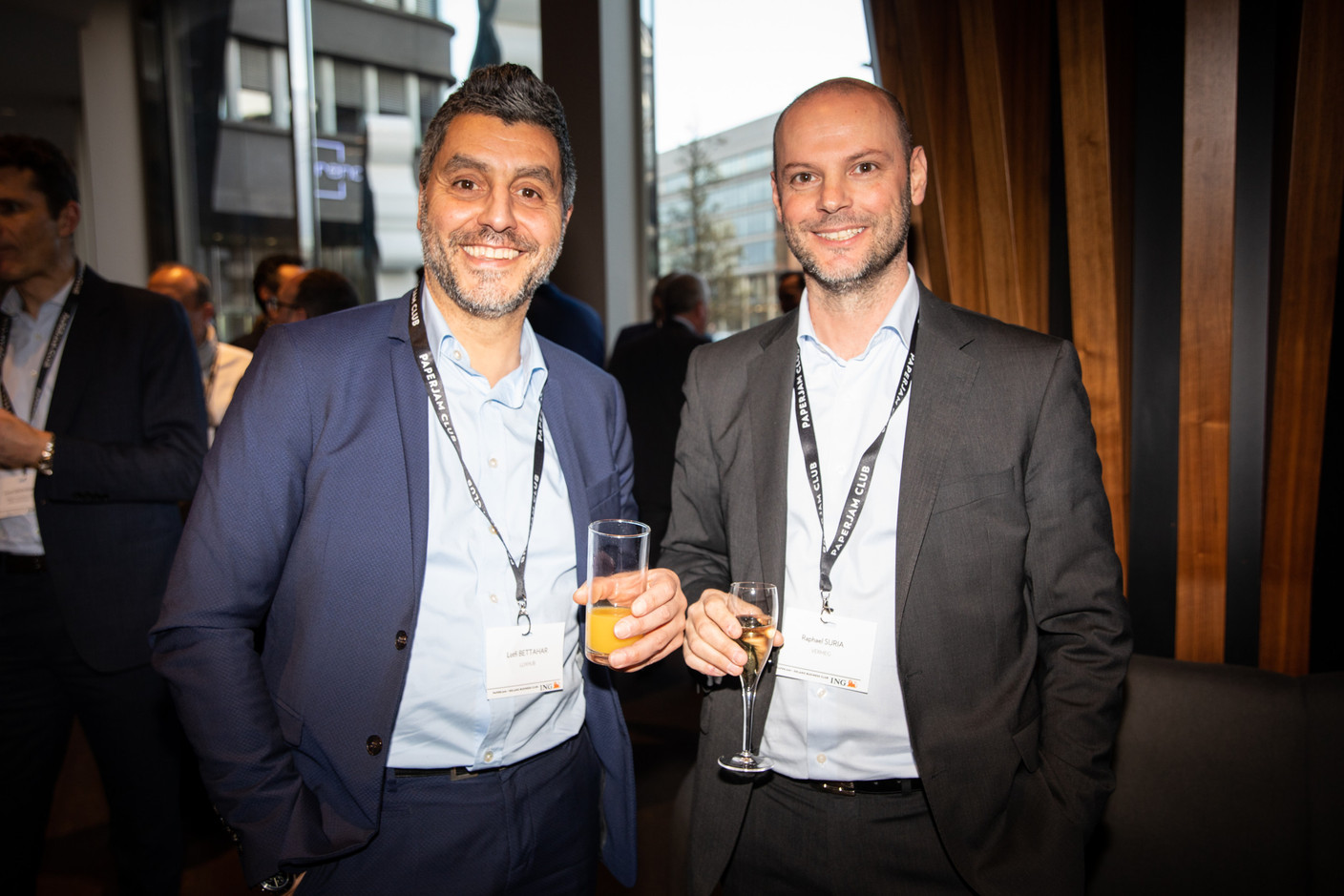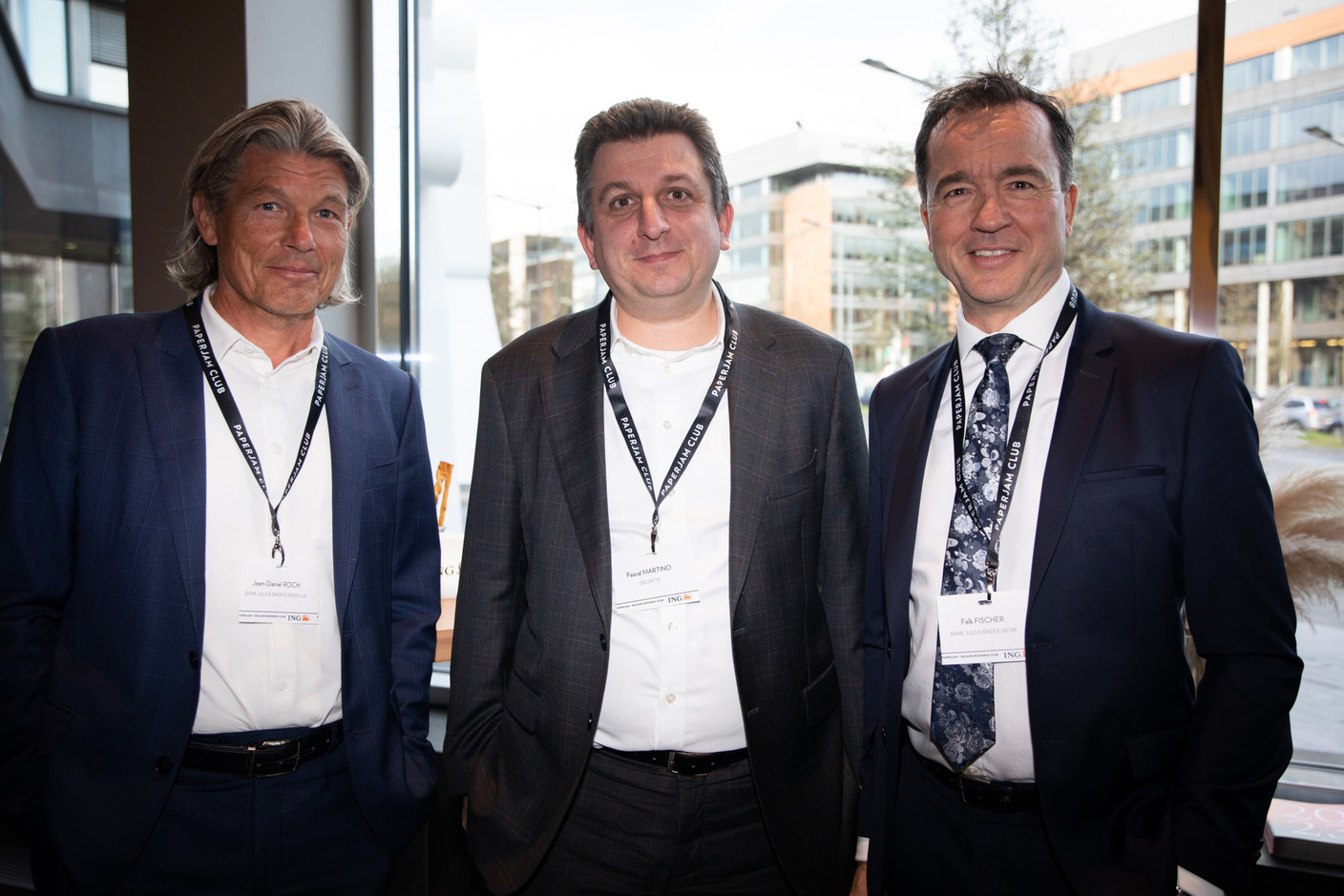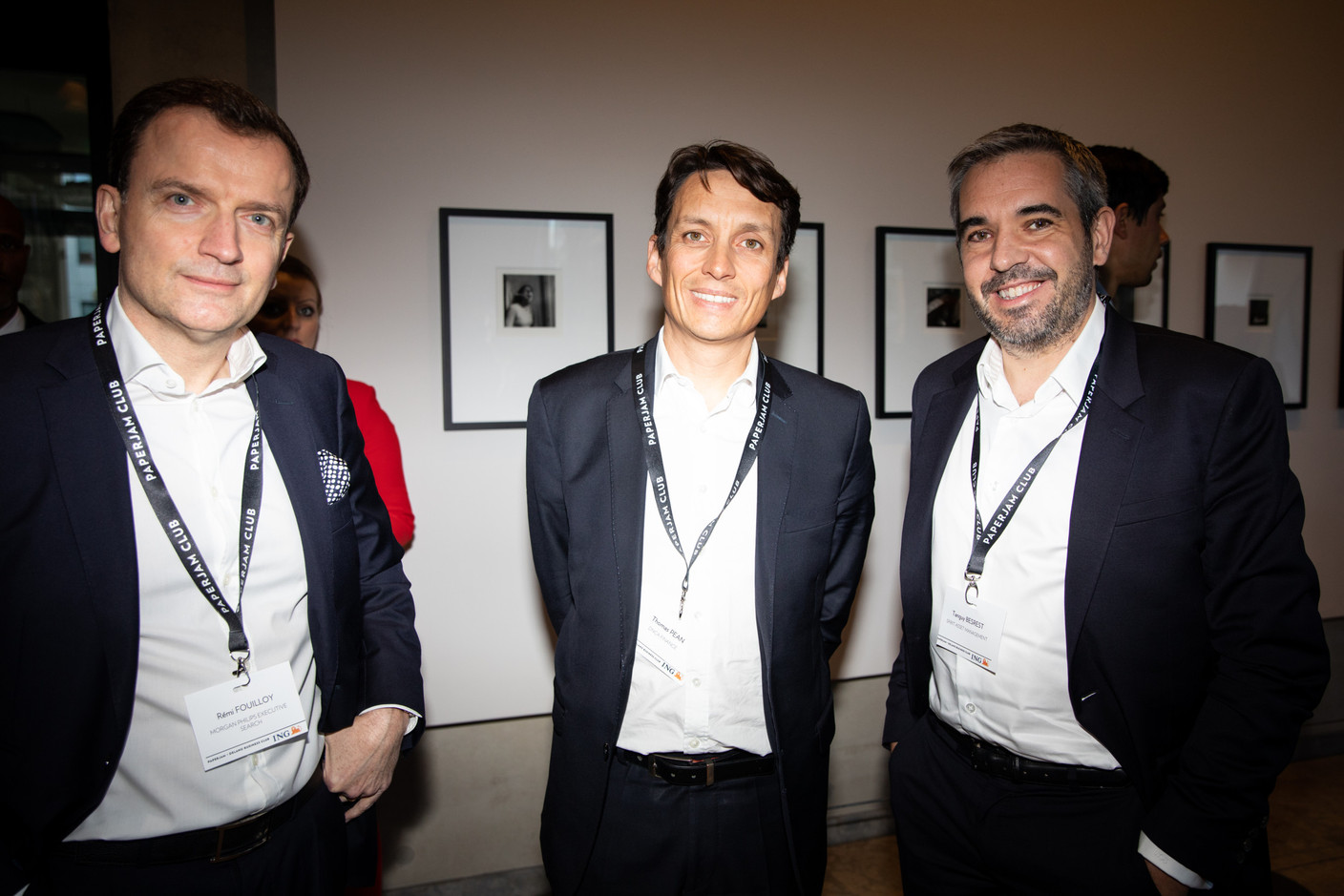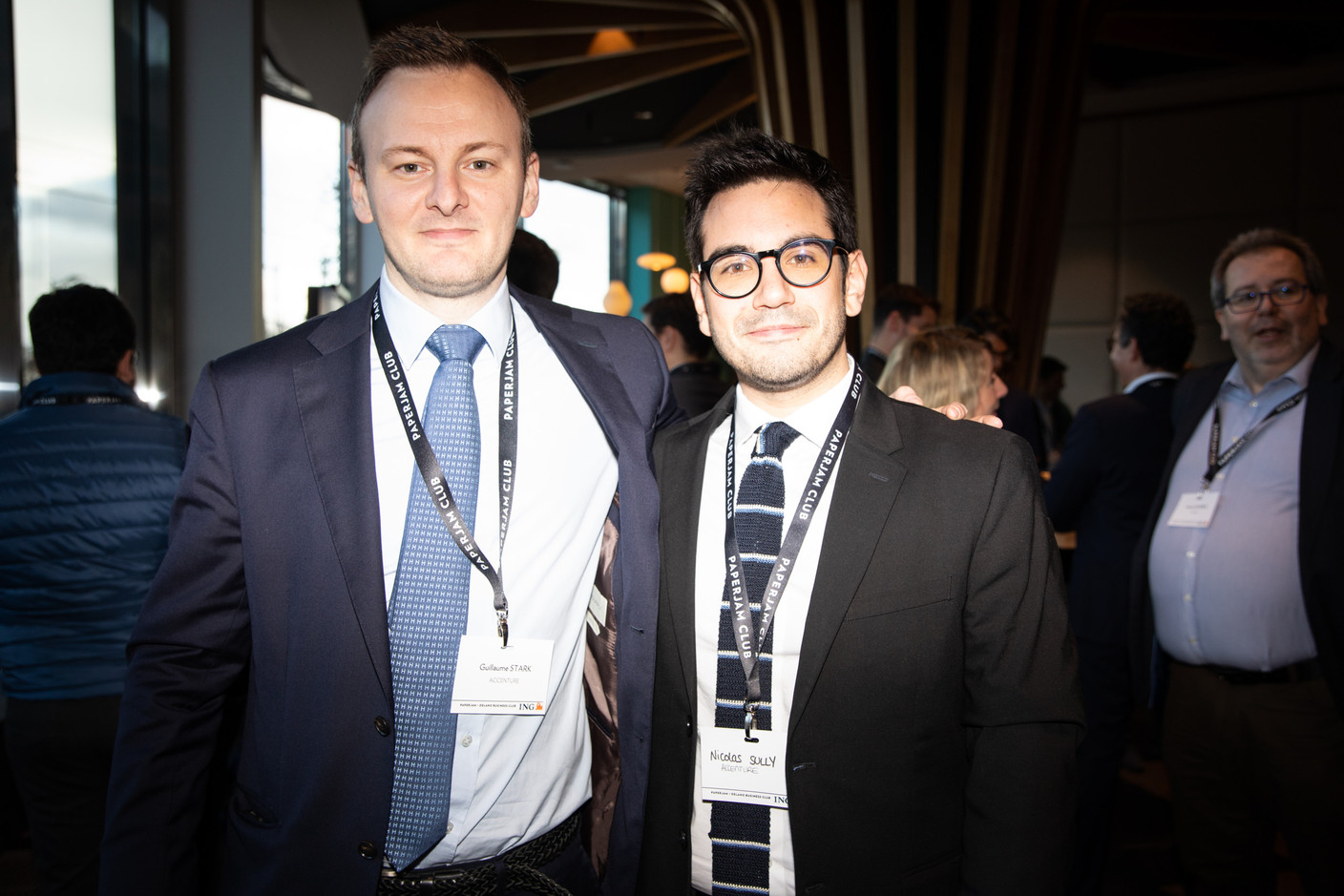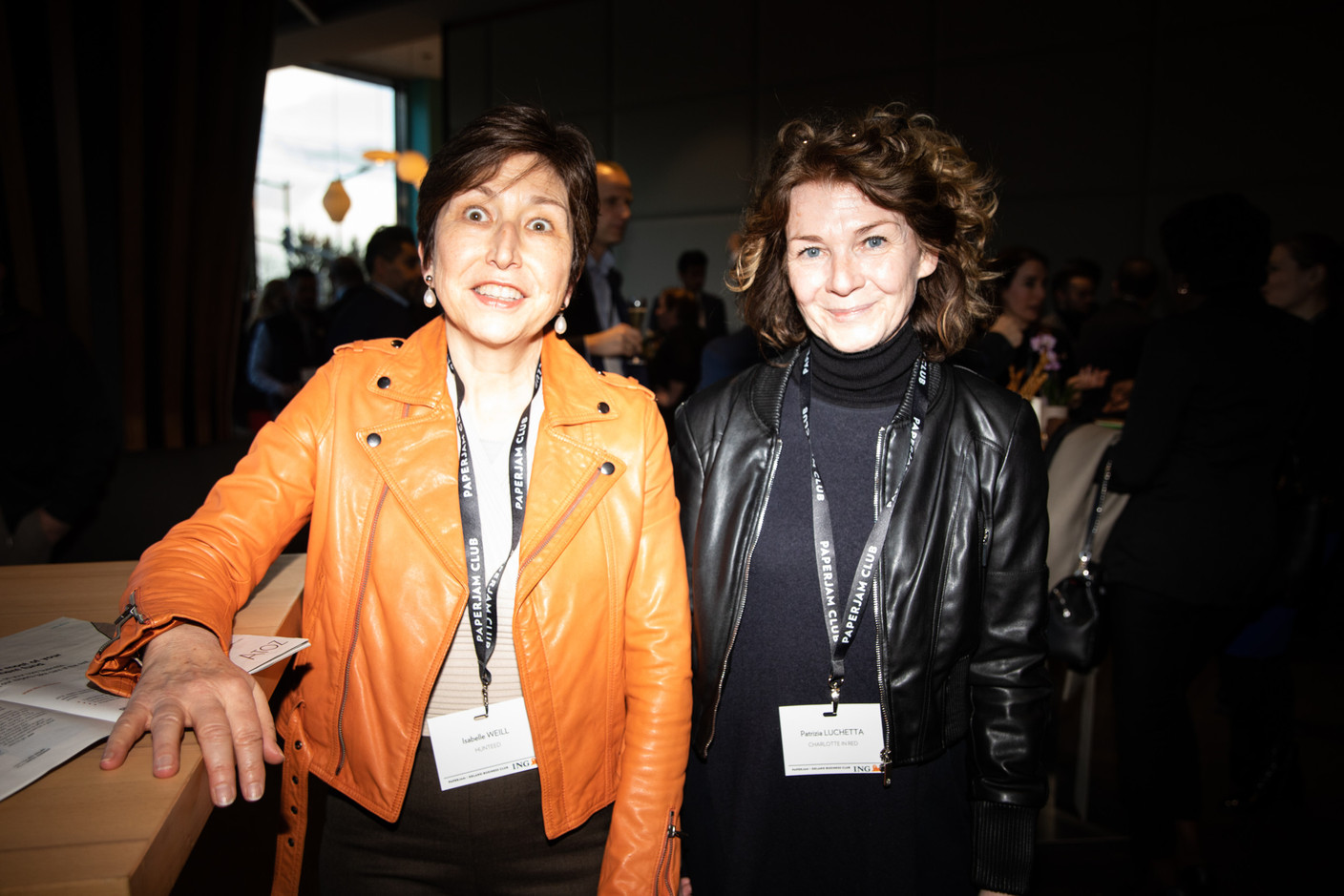The panel, which was composed of (Banque Internationale à Luxembourg, ABBL), (ING Luxembourg, ABBL), (Verona Multi Family Office, Lafo) and (Spirit Asset Management, ABBL), was moderated by Delano’s Lydia Linna.
Panellists talked about trends in the private banking sector, such as regulation, competition, consolidation, digitalisation, changing expectations, and talent recruitment and retention.
Changes over the last decade
“The assets under management has doubled in 10 years,” began Serrurier-Hoël. “We went from €300bn of assets under management to €600bn of assets under management.” The sector has grown a lot, but there has been a change in the type of clients. There are fewer clients with less than €1m--instead, customers who have more than €20m represent more than 60% of the client base now, she noted. The offering has also gotten more sophisticated over the last decade.
“We have seen emerging a very highly skilled workforce,” added de Vuyst, and “this has really transformed Luxembourg and the private banking market.” However, she noted, it will be necessary to “continue to invest in this highly skilled workforce because these clients are very demanding,” and to prevent these clients from going elsewhere. It will also be important to pay attention to attracting and retaining talent, which is key not just in private banking, but in the overall financial sector.
Regulation an asset, but can weigh on costs
“The weight of regulation has been increasing so much in the last years,” said Quéré. As it comes mainly from the European Union, all European countries have the same burden of regulation in the industry. But it’s becoming very important in Luxembourg, which wants to be “best in class” in order to maintain its attractiveness. She mentioned, for example, that they have seen increased difficulties in opening accounts for clients in Luxembourg in recent years, while it’s easier in France or Germany. Discussions should therefore focus on maintaining the proportionality of regulation.
“But regulation is also an asset,” de Vuyst added. “We see that 10% of the workforce in the private banking sector is within the compliance, risk or audit function.” It’s also important to enhance IT systems and data collection.
Rapallino offered a family office perspective. “When I discuss with my colleagues at Lafo [Luxembourg Association of Family Offices], most of them are complaining about the costs.” For small family offices, it can be difficult to manage the costs.
Luxembourg’s range of offerings “broader”
Is Switzerland a competitor for Luxembourg in the private banking sector?
“From my perspective, Switzerland never was a direct competitor,” said Quéré. It has been more used as a country outside the EU, where the client can deposit assets. In addition, the past few weeks have shown that Switzerland is facing some issues in its banking industry. Moreover, Luxembourg has a high level of services and a high level of private banking. 85% of its clients are from the EU, so the grand duchy is a country where many European clients deposit assets and benefit from wealth management services.
Luxembourg’s range of offerings is much broader that what Switzerland offers, added Serrurier-Hoël, which works well with the internationalisation of clients and cross-border needs.
Competition between family offices and private banks?
Though some private bankers have moved to family offices in Luxembourg, de Vuyst said she doesn’t see them as competitors, but rather as “partners” who are active in different sectors and offer different services. Whilst there is competition in terms of talent recruitment and retention, it’s the case in the whole financial sector of Luxembourg. Attracting the right talents is becoming more complicated and complex.
For the past five years, there has been an increase in competition--with the Big Four, with banks, trust advisors and more, said Rapallino. “It’s a worldwide competition.” But he also mentioned the importance of voting in the country’s upcoming elections as a way to ensure that Luxembourg keeps its attractiveness.
In order to attract talent, for example, de Vuyst mentioned collaborating with the University of Luxembourg to bring students from around the world to the grand duchy. They would be able to participate in traineeships at banks in Luxembourg, thus encouraging them to stay and develop in the country.
Digitalisation and human contact
Private banking clients want easy access to their accounts and portfolios, noted de Vuyst, but the human relationship--personal contact--remains the most important part of private banking.
Quéré agreed that private clients still want the human connection, but thought there are things that can be improved with digitalisation, such as the account opening process. There’s also pressure from clients to obtain real-time information their accounts--they want 24/7 access to their portfolio, and to be able to access their bank or wealth manager at any time.
Next generation of clients
The younger generation of clients are more financially educated and have more access to information--market and economic information, for example, said Quéré.
Rapallino that he doesn’t see a big difference between the new and old generations of private banking clients--they’re still driven by profitability and profit margins when they invest. He noted two different components. This first is, “how fast we can react, how fast we can move forward, how fast we can implement what [the clients] want.” The second component is that clients want to make an impact, through, for example, ESG criteria.
ESG criteria
But on the topic of ESG, Rapallino also added that most clients are looking at return, and are not necessarily prioritising ESG.
Serrurier-Hoël added her perspective: banks are offering ESG-labelled investments, Luxembourg has the sustainable labelling agency Luxflag, and the offer is improving. Demand remains low, but it’s growing, she added. It is still evolving, due in part to the new generation, which finds impact investing very important, but also due to regulation and commitments such as the Paris Agreement, which means that banks have to work towards net-zero and decarbonisation.
The Mifid [Markets in Financial Instruments Directive] questionnaire now includes ESG questions, noted de Vuyst. At the moment, however, only a very small proportion of investors want only ESG investments. This doesn’t mean that others will not invest in ESG, but they want to have an open scope in terms of investments, and performance remains an important driver of investment decisions. There’s still room to grow, and this will likely change in the years to come.








